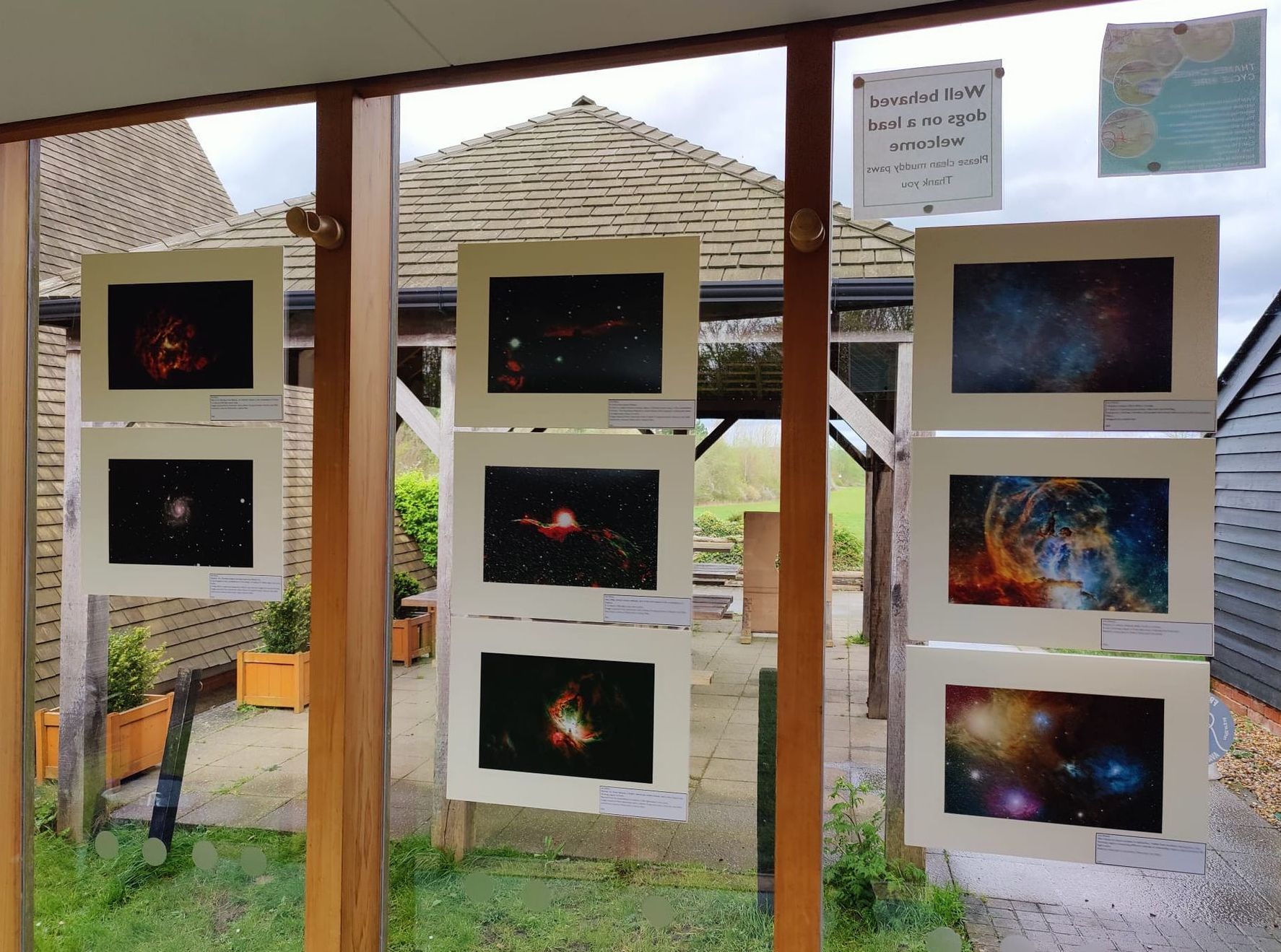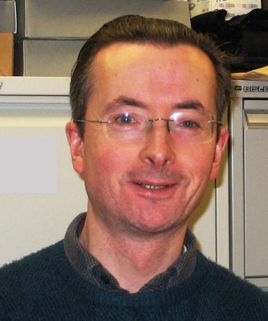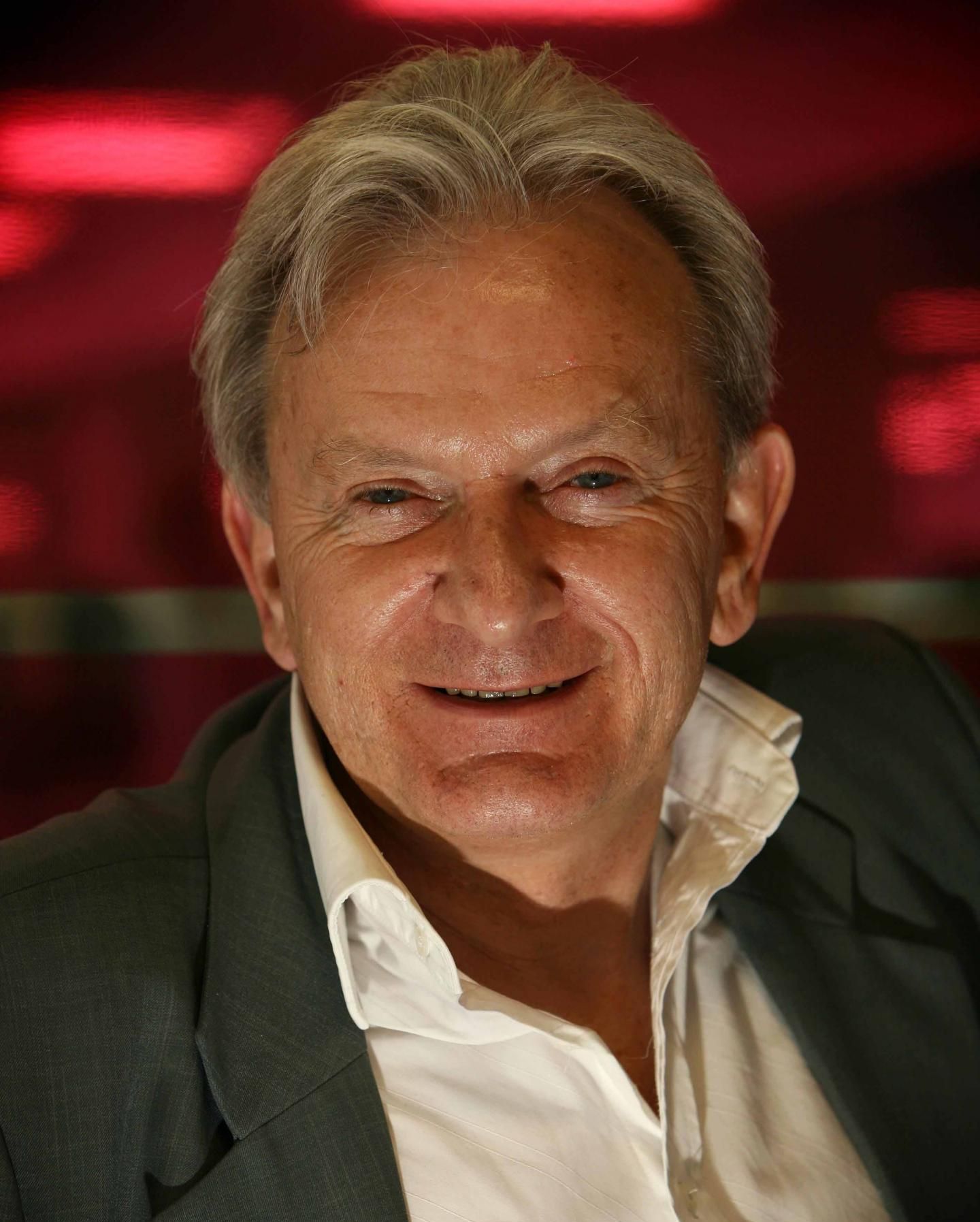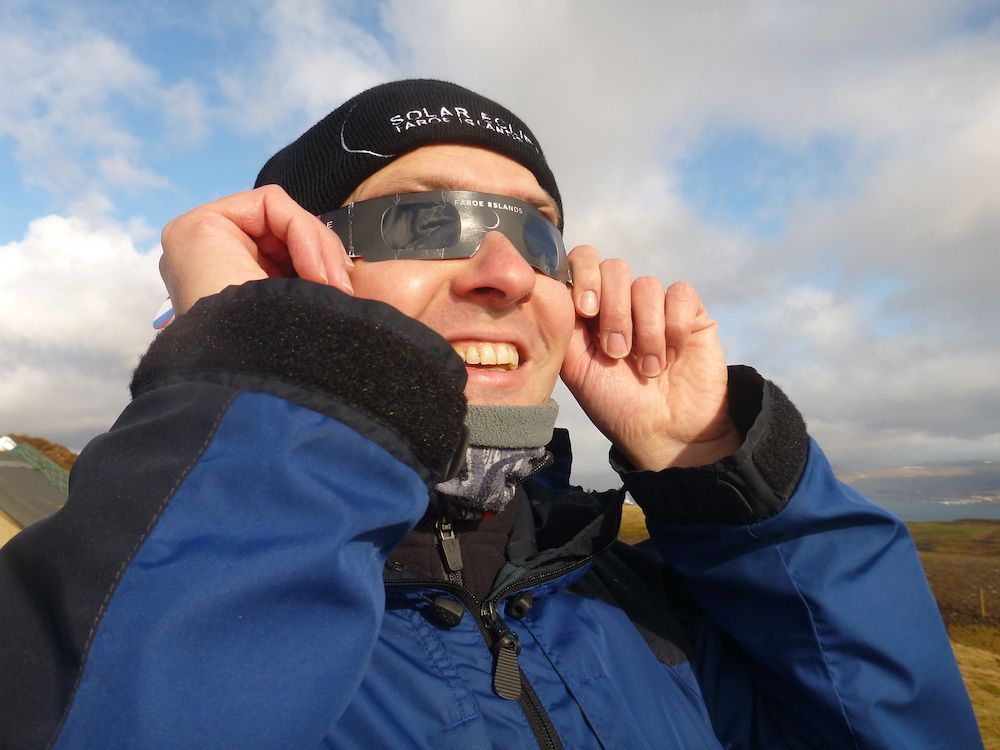Upcoming talks
(See further below for record of past talks (2024), and links to 2020 to 2023 programmes)
Many of the recordings are under 'Club Talks' on the 'Members Only' page (accessed via a password)

Wednesday 15 May, 7.15 for 7.30pm
Dr Ashley King will present 'To Bennu & Back: what asteroids can tell us about the origins of the Solar System'
Outline: In September 2023, OSIRIS-REx became only the third mission to return samples of an asteroid to Earth. It’s target, the carbon-rich asteroid Bennu, holds important clues about the formation of the Solar System and the origins of water and life on Earth. Dr King will talk about the first results from the Bennu samples and why sample return missions are crucial for understanding the evolution of planets.
Biographical details: Dr Ashley King is a research fellow at the Natural History Museum, London, where he investigates the origins of the Solar System and formation of planets through the laboratory analysis of meteorites and samples returned by space missions. He's a member of the sample analysis teams for the Hayabusa2 and OSIRIS-REx missions, and the current lead of the UK Fireball Alliance (UKFAll), a collaboration between meteor camera networks that aims to recover freshly fallen meteorites in the UK.
Ongoing: Astrophotography exhibition at Thames Chase
As part of our 30th anniversary celebrations, we have set up an exhibition of 30 stunning images taken by club members. This can be seen in the walkway at Thames Chase, between the café and the barn. Please tell your family and friends about this!
More info on our
Events and Activities page.


Wednesday 19 June, 7.15 for 7.30pm
Tim Parsons, PhD Student, Astrophysics Group at UCL, will present:
'A Massive Star Menagerie: Touring through the upper reaches of the H-R diagram'
Talk outline and further details to follow
Image credit: NASA, ESA, and J. Tan (Chalmers University of Technology); Processing; Gladys Kober (NASA/Catholic University of America)
Biographical details: Tim Parsons is currently in the second year of his PhD studies, having returned to study after a professional career in the City. He also works as a Postgraduate Teaching Assistant at UCL Observatory in Mill Hill. He is a trustee of the British Astronomical Association, as well as a Fellow of the RAS and of the British Interplanetary Society.

Wednesday 17 July, 7.15 for 7.30pm
Dr Lee Macdonald will present:
'Refugees, star clusters and relativity: astronomy at Greenwich Observatory during the First World War'
Talk outline and further details to follow

No club meeting in August - Summer break
Possible Perseids viewing - tbc

Wednesday 18 September, 7.15 for 7.30pm
Paul Money will present:
'New Images of the Universe’
Talk outline and further details to follow

Wednesday 16 October, 7.15 for 7.30pm
Professor John Zarnecki,
Emeritus Professor of Space Science at The Open University
Title, outline and further details to follow

Wednesday 20 November, 7.15 for 7.30pm
Nik Szymanek
Title, outline and further details to follow

Wednesday 11 December, 7.15 for 7.30pm
Peter Morris and Magda Wheatley will present the annual Christmas Quiz - followed by nibbles.

Record of past talks - 2024

Wednesday 17 January, 7.15 for 7.30pm
Jamie Carter presented ‘Why smart telescopes will take over the universe'
Outline
(presented via Zoom): What is a smart telescope? Inspired by the design of humanity's biggest and best telescopes on remote mountaintops, a new generation of computerised, smartphone-controlled telescopes has arrived. Promising astrophotography as well as observing, but sometimes removing the eyepiece, smart telescopes can come as a shock to experienced amateur astronomers. However, with crowd-sourced observations and an easy-to-use design, they're surely here to stay. Here's what smart telescopes do, how they work and why they will one day dominate the telescope industry.
Jamie Carter is an experienced reporter and reviewer for Forbes.com, Space.com, the BBC Sky At Night, Sky & Telescope and Digital Camera World. He writes about stargazing, astronomy, solar eclipses, space exploration, astrophotography and astrotourism. Editor of https://smarttelescopereviews.com/ .
MEMBERS' EVENING - talks by John Neal and Les Brand
Wednesday 21 February, 7.15 for 7.30pm
John Neal will present
'Multimessenger Astronomy: Seeing the universe with wider eyes'
Outline:
Observing through the window of light accessible to human eyes provides a partial ‘picture’ of how the universe works. Looking beyond this narrow window into the wider spectrum reveals deeper insights to many astronomical objects and events. The talk will briefly review the regions outside the visible, and some of the ground and space-based instruments used to ‘see’ into them. It will illustrate how astronomers are increasingly using information from multiple regions of this wider spectrum; in some cases combining it with visual data to reveal a more complete picture. In others the new ‘messengers’ provide important astrophysical knowledge which enhances our understanding of astronomical events and processes.

Short bio: John Neal is a retired biomedical scientist and software developer - specialist in design and development of medical data processing and data communication systems. His astronomical interests include stellar evolution; astrophysics; stellar spectroscopy; extracting and exploring data from NASA/ESA and other databases. He is presently developing ASCOM software for an observatory dome. Next project – how to use machine learning for exploration of large astronomical data sets.
Les Brand will then present 'Variable Stars (part 2)'
Outline: Les will update his previous introduction to observing and measuring variable stars with real data of a Type II Cepheid variable from the 2m Liverpool Telescope, and explain some of the many stellar characteristics that can be obtained by simple photometric observations.

Wednesday 20 March, 7.15 for 7.30pm
Jack Martin will present: 'The Bi-centenary of Sir William Huggins'
Outline: February 7 marked the 200th anniversary of the birth of Sir William Huggins. With his wife Lindsay they became pioneers of the new Astronomy 'Spectroscopy'. Our speaker will present new, previously unseen material from research undertaken over the past 4 years.
Biographical details: Jack Martin has been a keen amateur astronomer for over 50 years, and active in Spectroscopy since 1997. He studied Astronomy and Planetary Science at The Open University (2010). He co-authored ‘Practical Amateur Spectroscopy’ (2004), and is author of ‘A Spectroscopic Atlas of Bright Stars 2009’ for Springer. Also, he has written articles for the BAA Journal, Astronomy Now, The Webb Deep-Sky Society, and The Society for Popular Astronomy.
Jack has run the Huggins Spectroscopic Observatory UK since 2013. He also undertakes long-term international collaboration studies with a group of Small Telescope Scientists, monitoring h alpha and other lines of Be- Flare-Nova-Symbiotic etc. stars using a Shelyak Lhires III spectrograph.

Wednesday 17 April, 7.15 for 7.30pm
Celebration of the 30th anniversary of HAS
This will include a pre-recorded talk by Konrad-Malin-Smith, founder member of HAS, entitled 'Harvard, Lowell, and the expansion of space'; a run-through of the club's 30 year history, with photos; a special raffle, and nibbles.
Other events are planned/taking place (including the astrophotography exhibition, below) - details to follow.

Astrophotography exhibition at
Thames Chase --->
As part of our 30th anniversary celebrations, we have set up an exhibition of 30 stunning images taken by club members. This can be seen in the walkway at Thames Chase, between the café and the barn. There will be time during our April meeting, in the extended refreshment break, to view the exhibition. Also, please tell your family and friends about this!
More info on our
Events and Activities page.

Previous programmes - 2020 to 2023